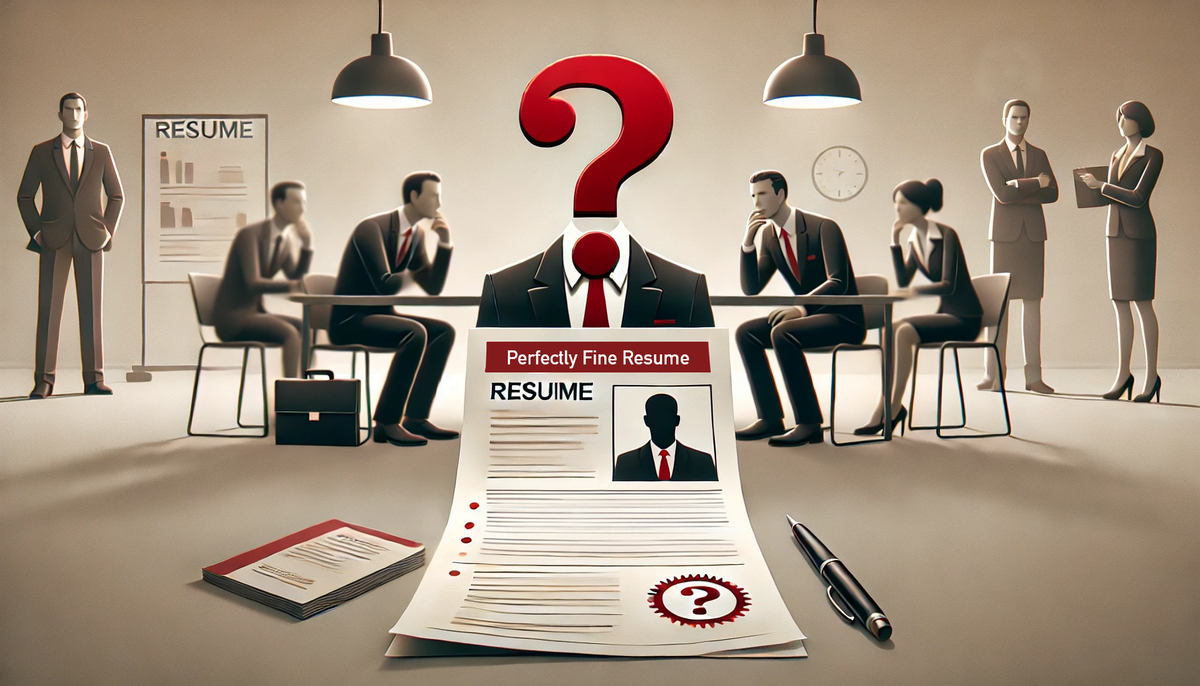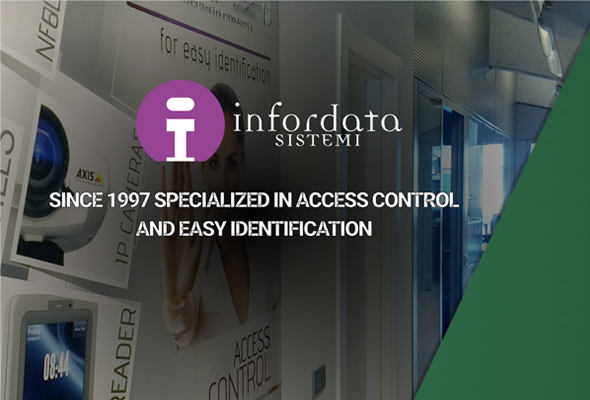While the "heist of the century" may be an extreme example, domestic companies lose hundreds of thousands, or even millions of Czech crowns each year due to hiring managers with a hidden dark past.
According to the study, "selecting an unsuitable candidate for a job position, especially for a top managerial role, costs a company ten to fourteen times the candidate's annual salary," claims Tomáš Drážný, the founder of Executivejob.cz, an online platform specializing in filling top managerial positions.
Without proper checks in the selection process, job candidates who may later sell their employer's marketing databases or damage business relationships can more easily get into companies.
"Such individuals often break up the team because they have done the same thing in other companies," adds Drážný. In the Czech Republic, only a small percentage of job applicants go through some form of screening, estimated to be in the single digits, whereas in the United States, it's as high as 85 percent.
Still feared screening
However, the verification process is often very superficial and inconsistent. Overloaded recruitment department employees can easily overlook or miss a significant fact from a candidate's past. A solution to this can be the so-called screening, which involves verifying the truthfulness and completeness of job applicants' information by an external specialized company.
"Screening is a somewhat feared topic in the Czech Republic because it is often mistaken for detective work. However, we always verify the facts based on the job applicant's consent," explains Petr Moroz, founder and managing partner of the Czech company Screening Solutions.
A mistake in hiring an employee can be costly for a company, up to fourteen times the employee's annual salary.
Screening primarily verifies the truthfulness and completeness of what the job applicant has disclosed about themselves, as well as whether they have omitted or concealed anything. Employers often have the candidate's criminal record and credibility checked, especially to see if they are not in insolvency or if there is no execution imposed on them.
At higher positions, the candidate's "trustworthiness" is also examined in banking or non-banking registers or their indebtedness to the state (for example, not paying taxes to the financial office). In addition to companies themselves, screening agencies are also used by personnel agencies, headhunters, and consulting firms.
"We provide companies with a service where we guarantee that the candidate is clean. We cannot afford to tarnish our reputation by revealing something negative about such a person," explains Drážný from Executivejob.cz.
They are reading between the lines
Screening companies are able to evaluate candidates very quickly and reliably thanks to access to many databases. They use both automated search systems and personal questioning of the candidate or verification of references. "We look for something between the lines," says Petr Moroz.
Even in the USA, one of the countries with the highest prevalence of screening, mistakes can happen. The most glaring failures then make it into the media. For example, the CEO of the internet company Yahoo had to step down from his position because he lied in his resume about having studied IT.
Scandals also happen in Western European countries, where screening is also much more widespread than in the Czech Republic. In Germany, there is currently an affair involving the global payment operator Wirecard, whose former management allegedly embezzled up to 80 billion crowns. In the Czech Republic, a special unit once came to arrest the financial director of a clothing trader directly at a board meeting because he had been wanted by Interpol for a long time.
The obstacle is a lack of education
In recent times, the trend is clear: the interest in employee screening is increasing in the Czech Republic and the complexity of its execution is also rising. "We are growing rapidly. Companies have begun to realize that they cannot just hire based on a polished resume and references from friends," says Moroz.
According to Drážný, however, a barrier to even further development of screening is the low level of education among employees of the recruitment departments of Czech companies. "Employees in HR departments often don't even know what screening should look like and that it exists. Verification is still very limited," he believes.
Recruiting departments of companies are also struggling with the coronavirus crisis. Not only are there more employees working from home, but there are also remote recruitments where recruiters often don't even meet the candidate. This can make the verification process difficult.
"For companies, it's a burden. Either they give up on screening, or they find someone who is capable of doing it for them, even on a global scale," says Moroz. His Screening Solutions company, in fact, provides such services. The company currently covers 158 countries, where it is usually able to provide screening in collaboration with local firms. "We work for global companies. For example, we have recently won a $700,000 contract for a US company for four years. We need to screen about 300 to 400 people per year, who, however, are joining from all over the world," Moroz says.
The rise of automated systems
Five employees of the company perform approximately 10,000 screenings per year, ranging from simple identity verification of applicants to complex ones for which corporate clients pay up to 15,000 crowns. "For example, we find hidden information from criminal records in about three percent of candidates," Petr Moroz says.
During screening, companies often use automated verification systems. Especially for verifying databases such as business registers, monitoring negative media mentions, or sanction lists of individual countries and the EU.
According to Petr Moroz, there are two basic groups of clients. The first are so-called "gig economy" companies, often technology companies in the sharing economy, startups or some IT companies. They mainly require automated and cheaper candidate screening and need an answer by the next day.
In contrast to tech firms, the typical representative of the second group is a renowned financial institution with a long history operating in a heavily regulated industry. Here, it is not so much about speed but about the thoroughness of the verified information.
The position of screening in the Czech Republic is also made difficult by the practice of many companies, which would rather part ways with an employee they would terminate for a serious offense on good terms, as they are afraid of legal disputes. "The risk for such a dismissed person then passes on to another company," says Petr Moroz.
The use of screening is also problematic in state or semi-state-owned companies. According to Moroz, people who do not meet the necessary parameters often sit in their boards of directors and supervisory boards. "They are there and nobody addresses it, we do not have a single customer from state-owned companies," he says.




